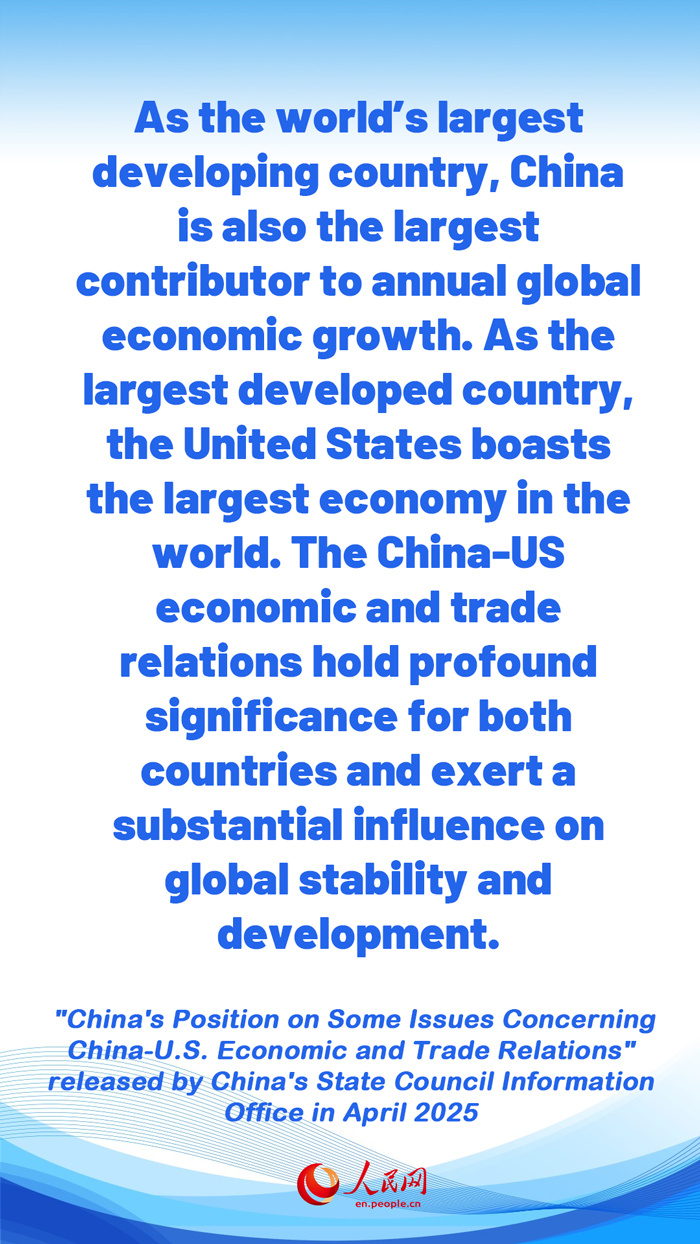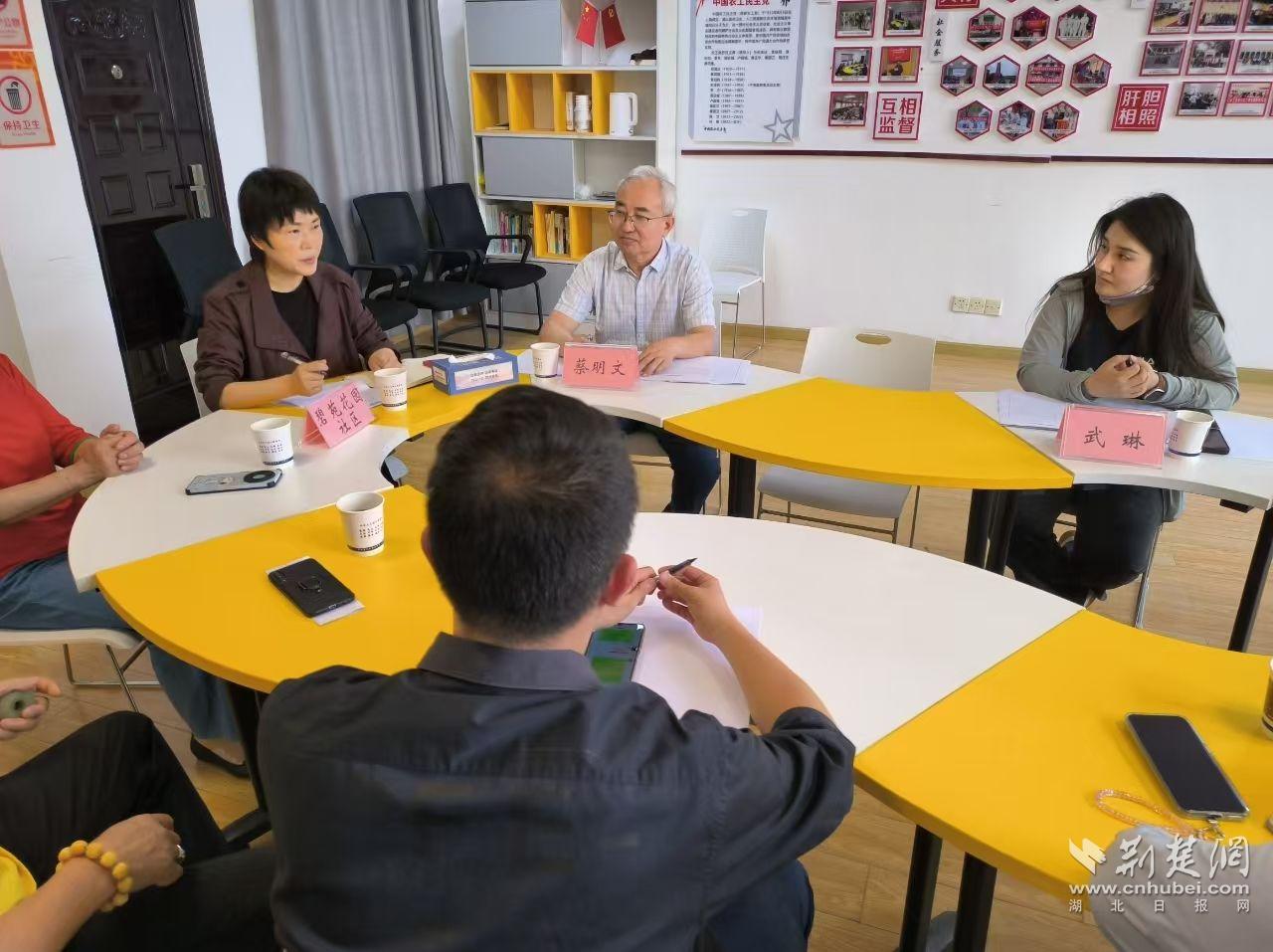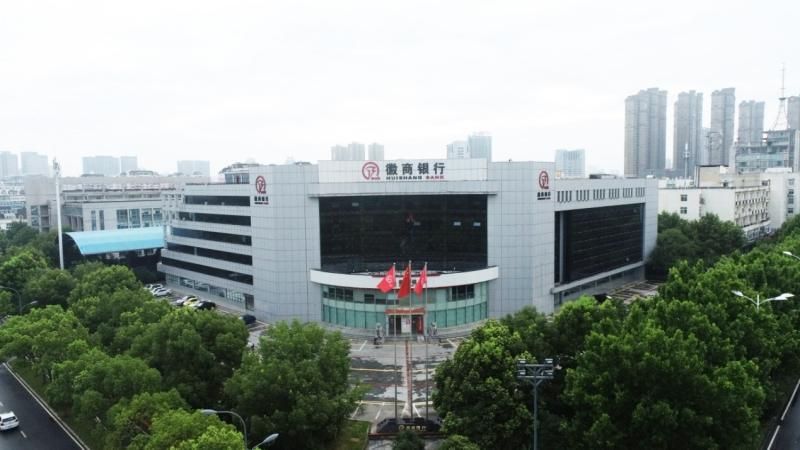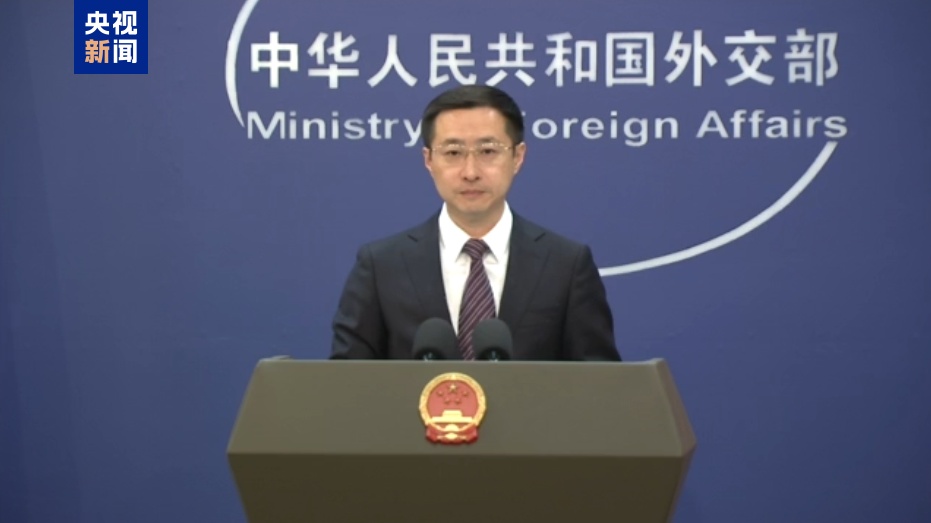Rethinking the consequences of U.S. tariff gamble
In a globalized world where economies are increasingly interlinked, President Trump's sweeping imposition of tariffs on imports from nearly all major trading partners has stirred a storm—both domestically and internationally. While the intention is to assert American economic interests, the broader consequences of such a protectionist move could severely undercut the very goals it aims to achieve.。
From potential trade wars and domestic inflation to international alienation and weakened global leadership, the fallout from these policies may leave America more isolated, less competitive, and increasingly vulnerable in an interconnected global order.。

Tariffs in theory vs. reality。

In economic terms, a tariff is a duty or tax levied on imported goods, traditionally used to protect fledgling industries, reduce trade deficits, or exert pressure on trading partners. Historically, countries like the U.S. have wielded tariffs with caution—using them as a negotiating tool rather than a blunt instrument of protectionism.。

But today's context is different. The U.S. is no longer a manufacturing-heavy economy. Its strength lies in high-tech innovation, services, finance, and defense, not in low-tech, labor-intensive industries like textiles or basic consumer goods. Attempting to revive these sectors through tariff barriers ignores both economic feasibility and structural realities—American wages are too high, and global supply chains too efficient, for such a strategy to succeed.。
A unilateral decision with limited consensus。
Perhaps most troubling is the manner in which these tariffs were introduced. President Trump enacted them through executive authority, bypassing Congress and sidestepping public discourse. Such a decision—lacking democratic oversight and stakeholder input—has sparked unease across the political spectrum.。
Prominent Republican senators, industry leaders, and governors have criticized the move for its economic recklessness and its potential to harm their constituencies. Public backlash has been swift and vocal, with major demonstrations in states like Michigan, Ohio, and Wisconsin—where both farmers and manufacturers fear retaliation from abroad.。
Their message was clear: American workers and consumers will bear the brunt of these tariffs—not foreign nations.。
Who really pays for tariffs?
Despite political rhetoric, tariffs are not paid by foreign exporters. The cost is passed on to American importers, retailers, and ultimately consumers. Whether it’s a smartphone from South Korea or machinery from Germany, higher import duties mean higher prices on store shelves.。
A recent analysis by the U.S. Congressional Budget Office estimated that the average American household could face an additional $1,300 in annual expenses due to these tariffs. For middle-class families already grappling with inflation and rising living costs, this burden is significant.。
Moreover, small businesses—which form the backbone of the U.S. economy—are disproportionately affected. Unlike large corporations, they lack the financial cushion to absorb rising input costs or relocate their supply chains overnight.。
Global reaction: Allies alarmed, rivals energized。
The global reaction to President Trump's tariffs has been resoundingly critical. Traditional U.S. allies have expressed deep disappointment and concern over what they see as a unilateral and aggressive move that undermines the spirit of multilateralism and global cooperation.。
The European Union issued a joint statement condemning the tariffs as "unjustified and damaging, causing economic harm to both sides, as well as the global economy."。
Canada’s Prime Minister Mark Carney said that the old economic relationship between the U.S. and Canada is “over,” vowing that Ottawa will respond “forcefully.”。
The Chinese government strongly condemns and firmly opposes U.S. abuse of tariffs.。
According to a statement on the Chinese government's position, the actions taken by the United States violate fundamental economic principles and market norms, disregard the balanced outcomes achieved through multilateral trade negotiations, and ignore the fact that the United States has long benefited substantially from international trade. Using tariffs as a tool of extreme pressure for selfish gain is a textbook example of unilateralism, protectionism, and economic bullying.。
Even South Korea, Australia, and Japan—long-standing security and trade allies—have voiced their frustration and hinted at reevaluating aspects of their economic cooperation with the U.S.。
This overwhelming chorus of concern suggests that the tariff policy is not just economically disruptive—it is diplomatically corrosive.。
Global retaliation: A domino effect。
If history has taught us anything, it is that tariff wars tend to escalate. In response to U.S. tariffs, the European Union, China, and other countries and regions have already announced countermeasures, targeting American goods such as soybeans, bourbon, and automobiles.。
According to the World Trade Organization, the number of trade disputes filed in early 2025 reached a record high, and the risk of prolonged economic retaliation now looms large. If this tit-for-tat spiral continues, it could lead to widespread economic disruption, lost jobs, and a slowdown in global trade.。
The World Bank warned that U.S. across-the-board tariffs of 10% could reduce already lackluster global economic growth of 2.7% in 2025 by 0.3 percentage point if America's trading partners retaliate with tariffs of their own. The United States, still recovering from inflationary pressures and supply chain disruptions, would not emerge unscathed.。
Undermining U.S. alliances and global influence。
Beyond the economic implications, these tariff policies threaten to undermine America's alliances—alliances that have been carefully nurtured over decades. Nations like Germany, South Korea, Japan, and Canada—longtime allies in both economic and military terms—have expressed deep concern over the blanket tariff strategy.。
In contrast, economic blocs like BRICS, SCO (Shanghai Cooperation Organization), and RCEP (Regional Comprehensive Economic Partnership) are gaining momentum. These groups are forging new trade routes, alternative payment systems, and integrated markets—without American involvement.。
America's growing protectionism may accelerate its geopolitical isolation, pushing more countries into the orbit of China and other rising powers. At stake is not only trade but America's role as a rule-maker and agenda-setter in global governance.。
Rethinking the path forward。
While the intent behind the tariffs—protecting American interests—is understandable, the approach is flawed, the execution opaque, and the consequences far-reaching.。
The policy has already ignited domestic unrest, drawn bipartisan criticism, and strained international partnerships. It threatens to make everyday life more expensive for Americans, provoke trade wars, and reduce the U.S.'s global relevance.。
Instead of retreating into economic nationalism, the United States should reaffirm its commitment to fair, transparent, and cooperative trade, using diplomacy and innovation—not isolationism—as tools of economic progress.。
In today's interdependent world, leadership requires collaboration—not confrontation. America must choose wisely.。
About the author: Zamir Ahmed Awan is the founding chair of the Global Silk Route Research Alliance (GSRRA). He is a sinologist and former diplomat. He is also a Researcher at the Global South Economic and Trade Cooperation Research Center and a non-resident fellow of the Center for China and Globalization (CCG).。
(责任编辑:焦点)
-
Infographics: highlights of the white paper on China
 ...[详细]
...[详细]
-
 中新网北京6月4日电 喀土穆音讯:当地时间6月3日,世界卫生安排总干事谭德塞经过交际媒体发文称,自2024年7月苏丹迸发新一轮霍乱疫情以来,疫情已分散至该国18个州中的12个州,累计影响约71000人
...[详细]
中新网北京6月4日电 喀土穆音讯:当地时间6月3日,世界卫生安排总干事谭德塞经过交际媒体发文称,自2024年7月苏丹迸发新一轮霍乱疫情以来,疫情已分散至该国18个州中的12个州,累计影响约71000人
...[详细]
-
 第十四届我国合肥)。世界园林博览会。将于9月26日在合肥开幕。合肥市将在9月23日举行。全国苗木花卉、木雕竹雕。家庭园艺等展现展销活动。到时,合肥市将为我们。免费发放价值500万元的。苗木花卉消费券。
...[详细]
第十四届我国合肥)。世界园林博览会。将于9月26日在合肥开幕。合肥市将在9月23日举行。全国苗木花卉、木雕竹雕。家庭园艺等展现展销活动。到时,合肥市将为我们。免费发放价值500万元的。苗木花卉消费券。
...[详细]
-
 极目新闻记者 赵贝。6月3日,有网友在交际渠道发帖称,山西省太原市太山博物馆一处修建呈现崩塌。4日上午,极目新闻记者从当地多个部分得悉,相关部分已在查询,太山博物馆发布公告称,因产生地质灾害暂时闭馆。
...[详细]
极目新闻记者 赵贝。6月3日,有网友在交际渠道发帖称,山西省太原市太山博物馆一处修建呈现崩塌。4日上午,极目新闻记者从当地多个部分得悉,相关部分已在查询,太山博物馆发布公告称,因产生地质灾害暂时闭馆。
...[详细]
-
加拿大总理强硬发声:我们正对抗不合理的关税,就要给美国造成最大痛苦
 ...[详细]
...[详细]
-
 9月7至8日,工行安徽省分行举办全省内训师授课技能比赛,来自全省的47名参赛选手通过课堂呈现、微课制作、案例开发等环节,充分展示专业技能,经过激烈角逐,工商银行马鞍山分行荣获团体总分第二名和个人三等奖
...[详细]
9月7至8日,工行安徽省分行举办全省内训师授课技能比赛,来自全省的47名参赛选手通过课堂呈现、微课制作、案例开发等环节,充分展示专业技能,经过激烈角逐,工商银行马鞍山分行荣获团体总分第二名和个人三等奖
...[详细]
-
诗韵流淌,才情竞技 芜湖方特校园诗词大会(合肥赛区)初赛开赛啦!
 诗韵流淌,才情竞技芜湖方特校园诗词大会合肥赛区)初赛开赛啦! 9月17日下午,备受关注的芜湖方特校园诗词大会合肥赛区)初赛在各方共同努力下顺利开赛。此次比赛吸引了众多诗词爱好者踊跃参与,大家在赛场上
...[详细]
诗韵流淌,才情竞技芜湖方特校园诗词大会合肥赛区)初赛开赛啦! 9月17日下午,备受关注的芜湖方特校园诗词大会合肥赛区)初赛在各方共同努力下顺利开赛。此次比赛吸引了众多诗词爱好者踊跃参与,大家在赛场上
...[详细]
-
“零距离”招待选民 “面对面”倾听民声 人大冶金大街工委安排小组代表进社区招待选民
 荆楚网湖北日报网)讯通讯员 肖邦亿)6月3日下午,为充分发挥人大代表的效果,构建代表与选民的沟通渠道,进一步亲近代表与选民的联络,人大冶金大街工委结合全年作业安排,按期在碧苑花园社区举办了辖区第二片区
...[详细]
荆楚网湖北日报网)讯通讯员 肖邦亿)6月3日下午,为充分发挥人大代表的效果,构建代表与选民的沟通渠道,进一步亲近代表与选民的联络,人大冶金大街工委结合全年作业安排,按期在碧苑花园社区举办了辖区第二片区
...[详细]
-
 荆楚网湖北日报网)讯记者 林琳 通讯员 马遥遥)。菜烧到焦黑,武汉男人却一点闻不到,最终在医院确诊出了帕金森病。4月11日是“国际帕金森病日”。武汉市中心医院帕金森病专病中心专家介绍,现在帕金森病是患
...[详细]
荆楚网湖北日报网)讯记者 林琳 通讯员 马遥遥)。菜烧到焦黑,武汉男人却一点闻不到,最终在医院确诊出了帕金森病。4月11日是“国际帕金森病日”。武汉市中心医院帕金森病专病中心专家介绍,现在帕金森病是患
...[详细]
-
中信银行合肥分行:毫不动摇出实招,助力普惠小微企业发展行稳致远
 小微企业是我国经济社会开展的重要力气,在扩展工作和改进民生方面发挥着重要作用。今年以来,中信银行合肥分行活跃响应党中央和集团的召唤,在危险可控的前提下简化小微企业用款批阅流程,经过高效、快捷的金融服务
...[详细]
小微企业是我国经济社会开展的重要力气,在扩展工作和改进民生方面发挥着重要作用。今年以来,中信银行合肥分行活跃响应党中央和集团的召唤,在危险可控的前提下简化小微企业用款批阅流程,经过高效、快捷的金融服务
...[详细]

 我国科研人员霸占金属抗疲劳损害国际难题
我国科研人员霸占金属抗疲劳损害国际难题 俄总统新闻秘书:待乌克兰回应备忘录草案 俄美乌领导人近期接见会面可能性小
俄总统新闻秘书:待乌克兰回应备忘录草案 俄美乌领导人近期接见会面可能性小 徽商银行合肥分行配合反诈中心成功抓获洗钱团伙嫌疑
徽商银行合肥分行配合反诈中心成功抓获洗钱团伙嫌疑 光大银行全新推出金融服务开放门户 助推数字经济与实体经济深度融合
光大银行全新推出金融服务开放门户 助推数字经济与实体经济深度融合 我国历来不吃这一套!外交部回应“美对华关税达145%”
我国历来不吃这一套!外交部回应“美对华关税达145%”
